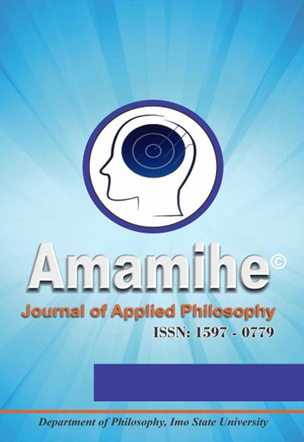
Vol. 23 No. 7, 2025
ABSTRACT
The study investigated economic integration in international economic relations with an emphasis on the Economic Community of West African States (ECOWAS). The establishment of ECOWAS was a milestone in the history of economic integration of member states. The myriads of socio economic and political problems that confront member states; low intra-trading, insecurity, political instability and general underdevelopment necessitated the establishment of ECOWAS. ECOWAS has recorded some tremendous gains; economically and politically. Despite, these economic and political gains, the organization has not lived up to the expectations of the people in the subregion as general underdevelopment; insecurity and political instability still ravage the subregion. The functionalist theory of integration propounded by David Mitrany was adopted as the theoretical framework. The secondary source of data was deployed for the study; it involves the collection of data from textbooks, magazines, articles etc. The paper finds out that ECOWAS member states have recorded some economic progress and gain since the establishment of the organization as it had the fourth largest economy among Africa’s RECs with a GDP of US$633.1 billion, representing about 25.5% of the continent’s total economy. The study recommends that ECOWAS member states should show more commitment to the process of integration in the sub region. They should be prepared to give up their national sovereignty and promote sub-regional interests for socio-economic and political integration to succeed in the sub-region. They should strive to domesticate and implement ECOWAS treaties, agreements, policies and programmes at the national levels.
